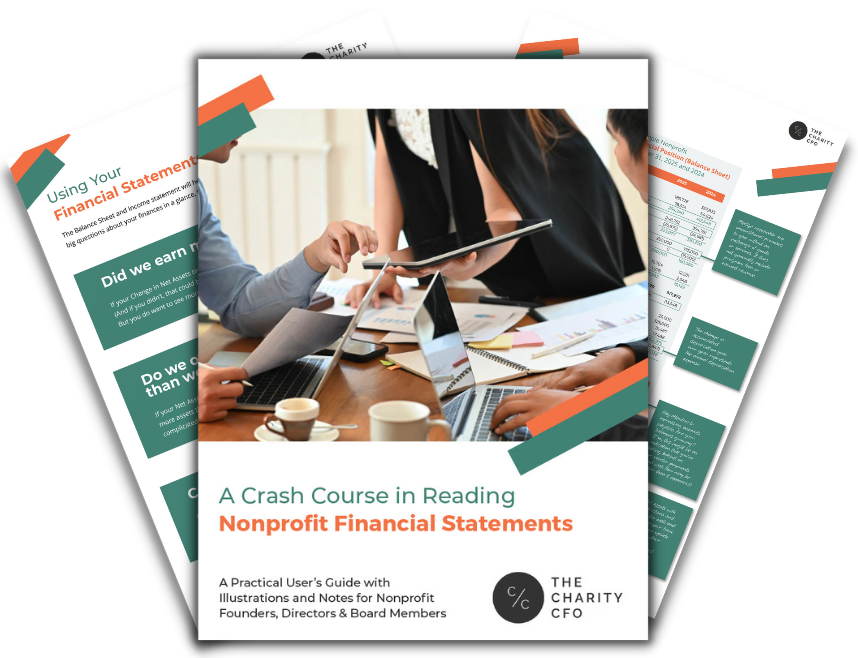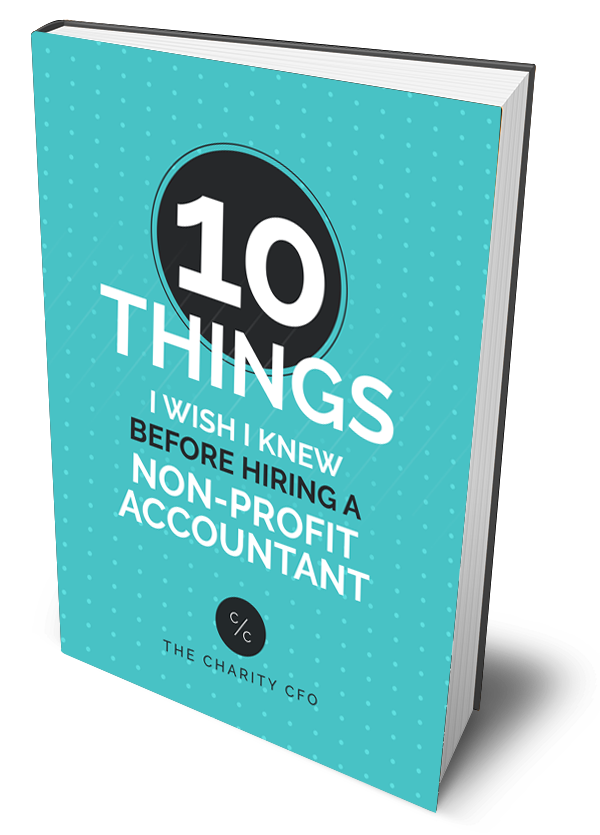Elias Puurunen joins us today as an author, entrepreneur, and founder of Tractus Events. His origin story is an example of the opportunity that exists in our world. Elias was asked if he knew of an app that could track attendance for an annual insurance trade show. Without hesitation, he built a system that could complete the task. From there he was asked to come back and serve once more during a two-day educational event, and at that point his brand Tractus Events was here to stay.
Taking a Look Back
For context, Elias’ journey for Tractus started in 2002. He also states that he’s been working remotely since 2011.
The interesting part about the entire story is how the industry has changed in a matter of 3 years. Elias paints the overall picture for us in three ‘eras’.
Era 1: Pre-Pandemic
- As you may guess, in this era in-person events are typical and they go to all businesses.
Era 2: During the Pandemic
- As we all experienced, the rush of the 2020 pandemic created urgency to move things online quickly, efficiently, and effectively.
Era 3: Post-Pandemic
- Now that the pandemic has settled and ‘things are back to normal’, businesses are beginning to look towards hosting pre-pandemic, in-person events. With these, the hybrid opportunity exists to host events both virtually and online, simultaneously.
Because of the drastic changes over a short timeline, businesses are also beginning to truly analyze the cost and consequences of each event hosting scenario. Elias raises some wonderful questions that will drive the conversation on today’s podcast.
- Where does virtual fit into our event portfolio?
- Where does in-person fit into our event portfolio?
- Does it make sense for us to do a synchronous hybrid where online attendees and the in-person attendees are watching the same content at the exact same time?
- Where do cost saving opportunities exist, while also delivering a better experience for participants?
In the end, the extra dollars saved on event costs can ultimately make their way to support the cause at hand.
Understanding Opportunity Cost
The idea that businesses are constantly navigating costs in terms of dollars and cents is extremely real. One cost that is less often discussed is the opportunity cost.
Tosha raises a great point when it comes to the opportunity cost of running hybrid event gatherings. For example, the sheer labor power that is required to set up, tear down, and organize events can ultimately take away from other opportunities.
Elias adds to the perspective by analyzing the actual breakdown of running said events. Not only is there cost associated with the set up and tear down of event rooms (which are typically massive depending on the event), there is also a hidden cost within the functional management of the event.
For example, if the event is big enough to house three separate rooms, then 3x the equipment, labor, and cost may be required. So what was once one hourly rate x 8 hours has now transformed into 3 hourly rates x 8 hours.
We’re looking at a 3x multiple just to run the event.
The question becomes how many events is the business doing annually to captivate their audience.
From Elias’ perspective and experience, massive organizations such as Apple or Microsoft may have events that pay for themselves simply due to the amount of reach they have. But what about the small fish in the sea? Is their annual fundraising event breaking even?
It leads to a conversation about the organization’s reach. Maybe one annual in-person event is the cornerstone of their business, but can they be virtually, yes literally virtually, reaching more people throughout the year for their specific cause?
We begin to see the value is in the ability to have the hybrid opportunity, maybe not simultaneously, but actually as two separate revenue streams.
A Giant Leap Forward
As always with Tosha’s interviews there are plenty of key points throughout the conversation. As we near the end of the conversation, Tosha asks Elias what he has seen as a ‘most practical first step’ for businesses looking to develop and expand in the virtual/in-person event space.
Like any great conversationalist, Elias starts with what not to do.
The biggest mistake he often sees is asking the director or leader of the marketing team to organize and run this hypothetical event.
The point he makes is not that they shouldn’t be involved, but the fact that event organization is much more complex than they once were.
For example, events used to be rather simple in terms of gathering speakers, inviting guests, and renting event space. Now, businesses are asking their marketing team to not only assume their current role of making sales, but also putting on a complex production.
Elias shares that he’s seen turn over from these positions. Ultimately, marketing teams asked to do too much, which has led to the resignation of said positions.
Listen carefully, this is the best part.
Elias encourages business owners to have a team member dedicated to event organization. Their sole role is to organize events, and be one event ahead at all times.
Think – after finishing a great event, it would make sense to introduce sales for the next event at a discount to get even further participation. Instead, oftentimes we see an amazing event put forth with a ‘see you next year’ period on the end of it.
A dedicated team with the sole focus on event organization, can help the business be prepared, knowledgeable, qualified, and proactive for the event today and those that are to come in the future.
As we close today’s conversation, there is so much more to Elias and Tosha’s discussion. Be sure to hear the full story on YouTube or Spotify.
Elias’ book; Memorable, Profitable, Virtual: How to Run Virtual Conferences, Conventions, and Trade Shows That Create Meaning, Value and Lasting Connections, can be found on Amazon or through his website. One last nugget from Elias as well. There is a 64 point virtual checklist that is provided on his website as well.
We’ve also linked Elias’ social media presence below:
You can find Tosha and the Charity CFO team on Youtube or our website, thecharitycfo.com!

Do You Struggle to Make Sense of Your Financial Statements?
Get our FREE GUIDE to nonprofit financial reports, featuring illustrations, annotations, and insights to help you better understand your organization's finances.
Get the free guide!



0 Comments